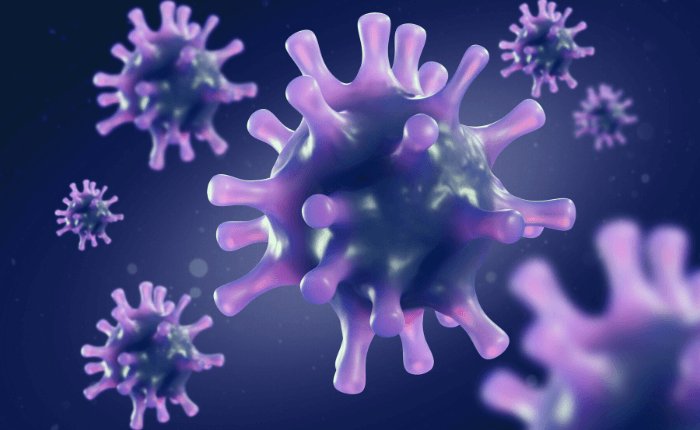Respiratory Illness Updates

Learn how to protect yourself, your family and your community from respiratory illnesses.
How can you protect yourself against respiratory illness?
- Wash your hands often
- Avoid contact with people who are sick
- Stay home if you are unwell
- Cough/sneeze into a tissue or into your sleeve or arm (immediately wash your hands after)
- Don't touch your face
- Clean your hands before eating/drinking
- Clean frequently touched objects and surfaces, like bathroom sinks, kitchen counters, etc.
When should you go to the Emergency Department?
If you or your child have severe symptoms, call 911 or go to the Emergency Department.
For adults, severe symptoms include:
- Shortness of breath
- Chest pain
- Loss of consciousness
- Confusion
For children, severe symptoms include:
- Working hard or straining to breathe – for example, the lower chest is moving in more than normal when the child breathes, the child is grunting, or the child’s nostrils are flaring
- Bluish skin
- Unable to breastfeed or drink
- Very sleepy or difficult to wake
- Peeing less than usual
- Fever with rash
- Seizures or convulsions
- Fever in an infant younger than 3 months
If you are worried your child is seriously ill, call 911 or go to the Emergency Department.



